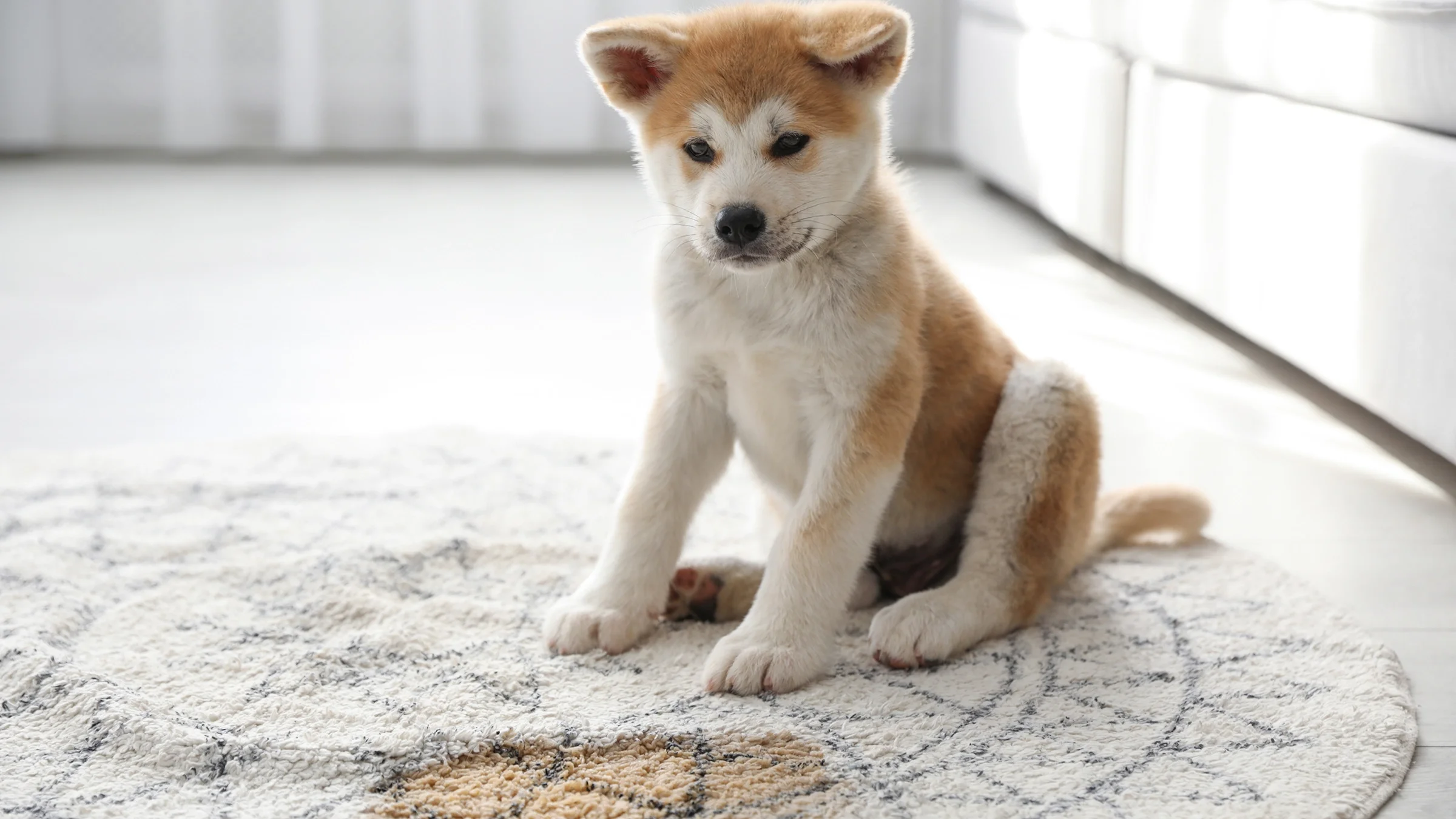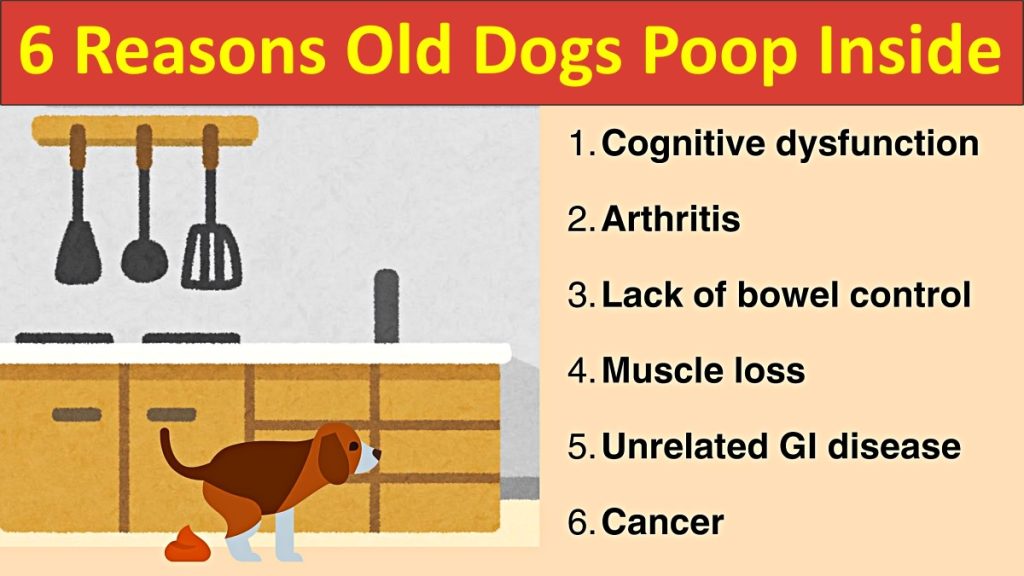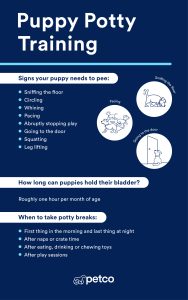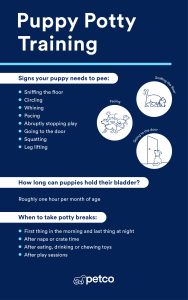Have you ever woken up to find your dog has pooped right on your bed? It’s confusing, frustrating, and honestly, a little gross.
You might wonder, “Why does my dog poop on my bed? ” Understanding the reasons behind this behavior can help you fix the problem for good. You’ll discover the surprising causes and simple solutions that will bring peace back to your bedroom.
Keep reading—your dog’s next move might depend on it.

Credit: www.reddit.com
Common Reasons For Bed Pooping
Finding your dog pooping on your bed can be confusing and frustrating. Understanding the common reasons behind this behavior is the first step to addressing it effectively. Various factors—from health issues to emotional needs—can cause your furry friend to choose your bed as their bathroom spot.
Medical Issues
Sometimes, your dog’s bed accidents are not about behavior but health. Conditions like digestive problems, infections, or even age-related issues can cause loss of control. If your dog suddenly starts pooping on the bed, a vet visit is crucial to rule out medical causes.
Anxiety And Stress
Dogs often react to stress in ways you might not expect. Changes in routine, new family members, or loud noises can trigger anxiety. Your dog might poop on your bed because it smells like you, providing comfort during stressful moments.
Territorial Behavior
Dogs mark their territory to feel secure. Your bed, with your scent, becomes a prime spot for them to claim. This behavior is more common in unneutered males but can occur in any dog feeling the need to establish boundaries.
Lack Of Proper Training
If your dog hasn’t been fully house-trained, accidents can happen anywhere, including your bed. Consistency in training and clear boundaries help prevent this issue. Regular bathroom breaks and positive reinforcement are key to teaching your dog where to go.
Attention Seeking
Sometimes, your dog might poop on the bed simply to get your attention. If they learn this behavior results in a strong reaction from you, they might repeat it. Try giving attention for good behavior instead of only reacting to accidents to change this pattern.
Identifying Health Problems
Dogs pooping on the bed may signal underlying health issues. Identifying these problems early helps protect your dog’s well-being. Some health conditions cause loss of control or discomfort, leading to accidents on soft surfaces like beds.
Digestive Disorders
Digestive problems can cause sudden diarrhea or urgency. Conditions like inflammatory bowel disease or food allergies disrupt normal bowel movements. Your dog might not reach the usual bathroom spot in time. Watch for signs such as vomiting, gas, or changes in appetite.
Incontinence
Incontinence means loss of bladder or bowel control. Older dogs or those with nerve damage often suffer from this. They may soil the bed without warning. This condition needs veterinary evaluation for proper care and management.
Parasites
Parasites like worms cause stomach pain and diarrhea. They irritate the intestines and upset digestion. Your dog might poop indoors to relieve discomfort quickly. Regular deworming and vet checks prevent parasite problems.
Behavioral Causes
Understanding why your dog poops on your bed often points to behavioral causes. These actions are not just accidents but signals your dog uses to communicate stress, fear, or confusion. By recognizing these behaviors, you can address the root problem and restore harmony in your home.
Separation Anxiety
Dogs with separation anxiety often act out in destructive or unusual ways, including pooping on your bed. This happens because your bed smells like you, offering comfort when you’re gone. Have you noticed if your dog only does this when you leave the house or are out of sight?
To help, create a safe, cozy spot for your dog that smells like you. Use toys, blankets, or clothing that carry your scent. Gradually increase the time you spend away to reduce their anxiety.
Fear Responses
Fear can trigger a dog to eliminate in inappropriate places, including your bed. Loud noises, new people, or unfamiliar situations might make your dog feel unsafe. Consider if recent events have scared your pet or changed their sense of security.
Building trust is key. Use calm, reassuring tones and reward your dog when they stay calm in stressful situations. This approach helps them feel safe and reduces fear-based accidents.
Changes In Environment
Moving to a new home or rearranging furniture can confuse your dog and disrupt their habits. Your bed might become a target simply because it’s a familiar spot amid change. Have you recently changed your living space or routine?
Maintain consistency in your dog’s daily schedule and environment as much as possible. Introduce changes slowly and offer plenty of positive reinforcement to help your dog adjust without stress.

Credit: www.preventivevet.com
Training And Discipline Tips
Training and discipline play a key role in stopping your dog from pooping on the bed. Consistency and clear rules help your dog understand what is allowed. Gentle guidance builds good habits and reduces accidents. Use simple steps to teach your dog where to go.
Establishing A Routine
Dogs thrive on routine. Set regular times for feeding and bathroom breaks. Take your dog outside first thing in the morning and after meals. A consistent schedule helps your dog know when to relieve themselves. This lowers the chance of accidents inside the house.
Positive Reinforcement
Reward good behavior to encourage it. Praise your dog and give treats when they go outside. Use kind words and petting to show approval. Avoid punishment as it can cause fear and confusion. Positive reinforcement makes learning faster and more enjoyable for your dog.
Crate Training
Crate training provides a safe space for your dog. Dogs naturally avoid soiling their sleeping area. Use a crate that fits your dog comfortably. Introduce the crate slowly and make it inviting. This helps your dog hold their bladder and bowels until outside time.
Managing Anxiety And Stress
Managing your dog’s anxiety and stress is key to stopping unwanted behaviors like pooping on your bed. Dogs often react to changes or uncertainty in their environment by acting out in ways that can confuse or frustrate you. Understanding how to ease their worries can create a calmer home for both of you.
Creating A Safe Space
Your dog needs a spot where they feel completely secure. This could be a cozy crate or a quiet corner with their favorite blankets and toys. Having a dedicated safe space reduces stress and gives your dog a place to retreat when they feel overwhelmed.
Think about how your dog behaves when visitors come or during loud noises. Does your dog seek out a particular area? Setting up that area as their sanctuary can prevent anxiety-driven accidents.
Exercise And Mental Stimulation
Physical activity helps burn off nervous energy and lowers stress levels. Aim for daily walks, play sessions, or even simple games like fetch or tug-of-war. These activities not only tire your dog but also provide mental challenges that keep their brain busy.
Have you noticed your dog acting restless or destructive before accidents happen? Increasing exercise and introducing puzzle toys or training sessions can redirect their energy positively.
Consulting A Veterinarian
If your dog’s anxiety persists despite your efforts, it’s time to talk to a vet. Sometimes, underlying medical issues or severe anxiety require professional help. Your vet can recommend treatments or therapies tailored to your dog’s needs.
Don’t hesitate to ask your vet about behavioral specialists or anxiety-relief options. Taking this step shows you’re committed to your dog’s well-being and can make a big difference in managing stress-related behaviors.
Cleaning And Prevention Strategies
Cleaning and preventing your dog from pooping on your bed requires a mix of thorough cleaning and smart prevention strategies. You need to remove the stains and smells completely, or your dog might return to the same spot. At the same time, setting up barriers and deterrents can help protect your bed and keep your dog from repeating this behavior.
Effective Cleaning Methods
Start by removing any solid waste carefully, then blot the area with paper towels to soak up moisture. Use an enzymatic cleaner specifically designed for pet stains; these break down the odor-causing molecules that regular cleaners often miss.
Avoid ammonia-based products, as the smell can attract your dog back to the same spot. After cleaning, let the area air dry completely. Have you noticed that some smells seem to linger no matter how much you clean? Enzymatic cleaners are your best bet to stop that cycle.
Using Deterrents
Deterrents can help signal to your dog that the bed is off-limits. Try placing double-sided tape or aluminum foil on your bed when you’re not using it—dogs dislike the texture and sound. Another option is a pet-safe repellent spray with scents dogs find unpleasant, like citrus or vinegar.
Some dog owners find success with motion-activated devices that emit a harmless spray or sound. These devices teach your dog to avoid the bed area without causing fear or harm. Have you tried different deterrents yet? Sometimes switching what you use can make a big difference.
Protecting Your Bed
Use a waterproof mattress protector to guard against accidents you might not catch immediately. Adding a washable cover on top of the protector gives you an extra layer that’s easier to clean regularly.
Consider restricting your dog’s access to your bedroom when you’re not around. Baby gates or closed doors work well and prevent the problem before it starts. What small changes could you make to your bedroom setup to keep both your bed and your dog safe?
When To Seek Professional Help
Knowing when to seek professional help is crucial if your dog is pooping on your bed. This behavior might indicate underlying health or behavioral issues that you can’t fix alone. Acting early can save your relationship with your pet and prevent further stress in your home.
Veterinarian Consultation
If your dog suddenly starts pooping on your bed, a visit to the vet should be your first step. Health problems like gastrointestinal issues, infections, or even cognitive dysfunction can cause this behavior.
Think about whether your dog has other symptoms, such as diarrhea, vomiting, or changes in appetite. These signs can point to medical causes that need immediate attention.
Ignoring potential health problems can worsen your dog's condition and make behavioral training less effective. Have you noticed any changes in your dog’s bathroom habits outside the bed? This can help your vet diagnose the issue.
Animal Behaviorist Services
If the vet rules out medical issues, it’s time to consider a professional behaviorist. These experts understand why dogs act out and can offer tailored strategies to correct unwanted behaviors.
Behaviorists look beyond the surface. They assess your dog’s environment, routine, and emotional state to find triggers that cause bed soiling.
Imagine having a customized plan that fits your dog’s unique needs. This approach is often more effective than generic advice and can rebuild your bond with your pet.
Have you tried training methods that didn’t work? A behaviorist can identify what’s missing and guide you step-by-step to success.

Credit: www.goodrx.com
Frequently Asked Questions
Why Does My Dog Poop On My Bed?
Dogs may poop on beds due to anxiety, marking territory, or lack of proper training. Stress and changes in the environment can also contribute. It’s important to understand the underlying cause and address it with patience and training to prevent recurrence.
How Can I Stop My Dog From Pooping On My Bed?
Identify triggers like stress or changes in routine. Ensure your dog has regular bathroom breaks and a comfortable environment. Reinforce positive behavior with rewards. Consistent training and understanding your dog’s needs are crucial to resolve this issue.
Is It Normal For Dogs To Poop On Beds?
It’s not typical behavior for dogs to poop on beds. It often indicates an underlying issue like stress, anxiety, or a medical problem. Understanding the cause and addressing it is important to ensure your dog’s comfort and maintain a clean living space.
Could Anxiety Cause My Dog To Poop On The Bed?
Yes, anxiety can lead to inappropriate bathroom habits in dogs. Stressful situations or changes in their environment might trigger this behavior. Identifying and addressing the source of anxiety can help alleviate the issue and improve your dog’s overall well-being.
Conclusion
Dogs may poop on beds for many reasons, like stress or health issues. Watch your dog’s behavior to find clues. Keep your dog’s area clean and set clear rules. Training and patience help stop this problem. Always check with a vet if the behavior continues.
Understanding your dog’s needs makes a big difference. Small steps lead to a happier home for both. Stay calm, and your dog will learn better habits soon.

Emily Barker is the founder of ChillDogLife.com, a space dedicated to helping pup parents discover the best dog products, lifestyle tips, and cozy ideas for happier homes.
A lifelong dog lover, Emily combines her passion for pets with a knack for research to share trusted recommendations on everything from toys and furniture to health and everyday care.
Her goal is simple: to make life easier, stylish, and more joyful for dogs and the people who love them.







